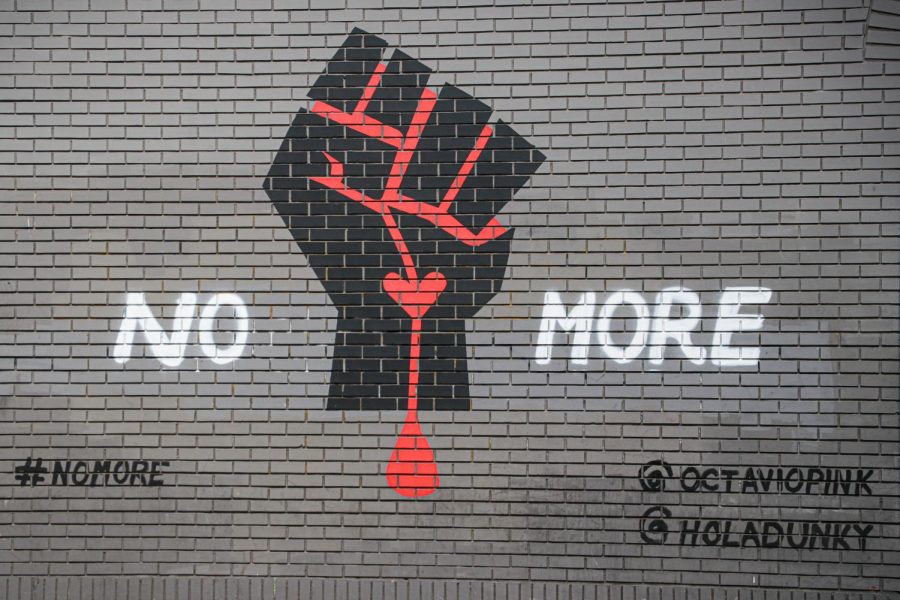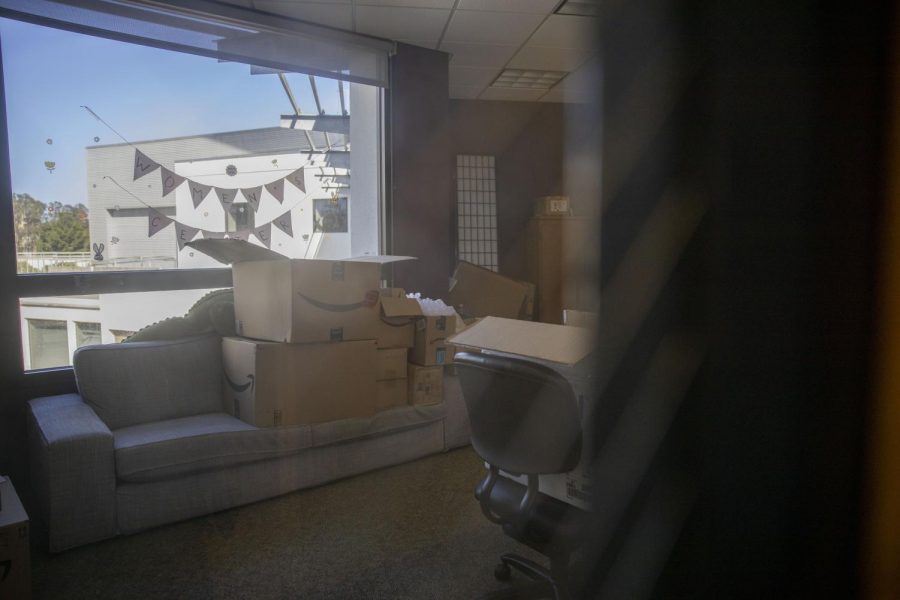Campus Against Student Homelessness and Hunger will march on Nov. 3 to remind the campus that not every student has a bed to sleep in or knows when their next meal will be.
CASHH is a student-formed club that started as a project from an American politics class, taught by political science lecturer Robert Ovetz, on homelessness among CSU’s students.
“The key is that students are practicing democracy by engaging the community as part of a political process,” Ovetz said.
Students used the class material and further research to determine the obstacles that jeopardize student performance.
The class created different focus groups dedicated to niches like policy and action and attended an orientation at the J. Paul Leonard Library to learn how to use its services for the research process.
“We wanted to spread awareness,” said Jorge Larreynaga, a pre-nursing major who is a member of CASHH. “We have made a lot research on the CSU system.”
Larreynaga is part of the stakeholder focus group of the class, which looks for allies to help inform students struggling with homelessness and hunger about the options they have. He believes it is important to advocate for students who do not have shelter or food security, because most family and youth organizations leave young adults without options.
Students gathered information from six different organizations for the march: Tenderloin Neighborhood Development Corporation, Community Housing Partnership, Homeless Prenatal Program, Coalition on Homelessness San Francisco, Larkin Street Youth Services and Hamilton Families Center.
CASHH is not an official club yet, but they didn’t want to wait to march on campus because of the importance of letting students know about resources available to them.
“We wanted to do it earlier (in the semester), but there were complications to create a campus group,” Larreynaga said.
CSU Chancellor Timothy White, commissioned a study in 2015 about food insecurity and displacement of students and what the CSUs are doing to help.
The study showed that about 8.7 percent of CSU students struggled with housing concerns and 21 percent with food insecurity. These students also showed a higher level of stress than those who have food and shelter security.
“One of the consequences of investment in education is cost of funding. Tuitions are going up and wages are low. Students are under a lot of pressure,” Ovetz said.
The class is holding tabling sessions prior to the march and will continue through the semester. They give out flyers every other day and talk to students about homelessness and hunger in front of City Eats Dining Center.
Larreynaga thinks either embarrassment or bravery keeps students from getting help.
“Education is so important in every nation to drive society forward,” said Ragnhild Harbo, an exchange journalism student from Norway, “studying takes a lot of effort.”
Harbo says education in Norway is free for everyone and the government gives student can stipend they can pay back once they graduate. “Everyone has the same opportunity to study.”
“It’s terrible to go without food. I can’t imagine studying without eating,” Harbo said.
They think that SF State should provide a parking lot for recreational vehicles, where students could live, and a partnership with a shelter where students can permanently reside as oppose of emergency housing, where students can stay for a short period of time, according to Larreynaga.
“They may be starting something that other students will pick up,” Ovetz said.
The march will start by Malcolm X Plaza at 12:45 p.m. on Thursday Nov. 3.
Students facing homelessness and hunger may contact CASHH through their Facebook page Cashh- Campus Against Student Hunger and Homelessness.





